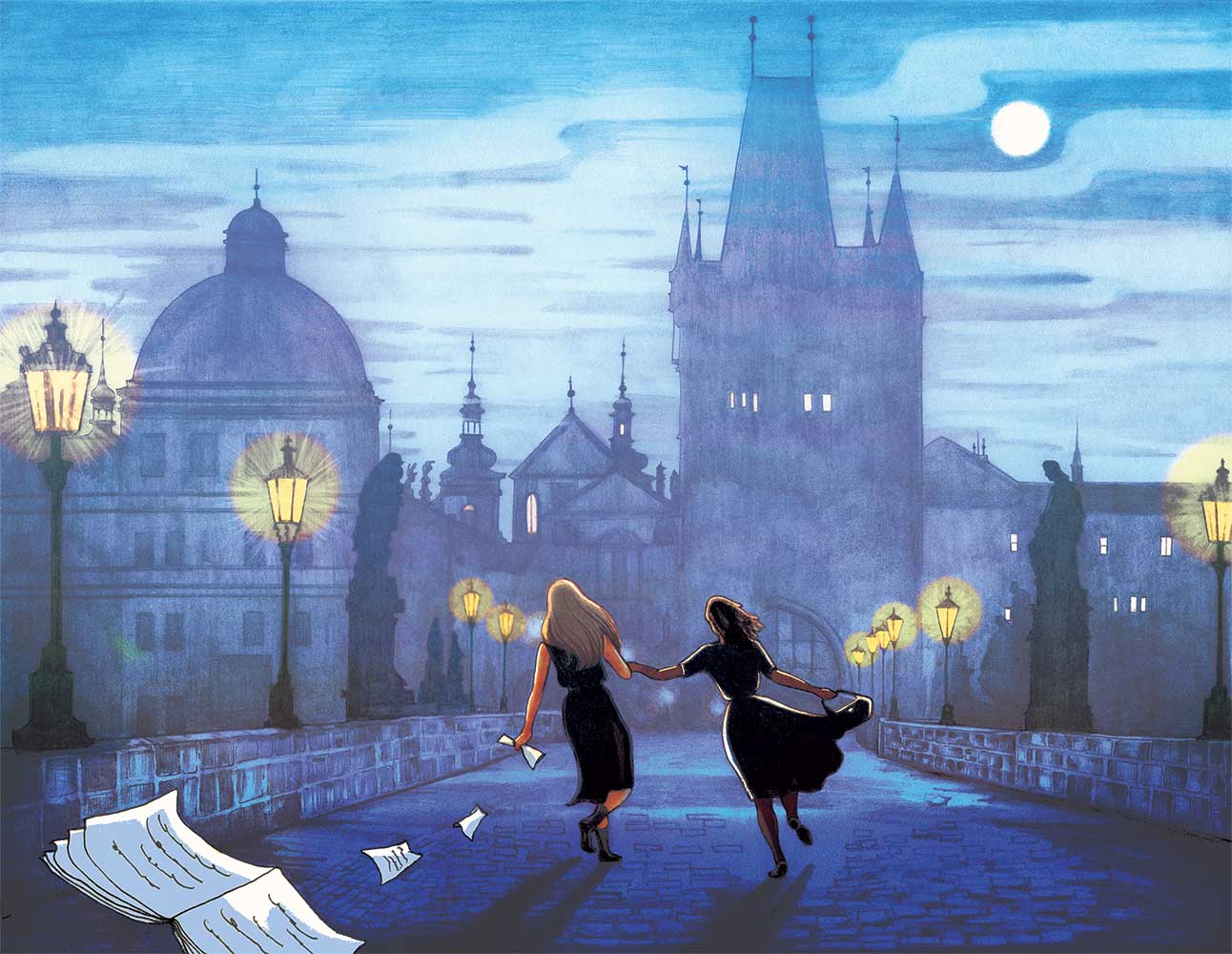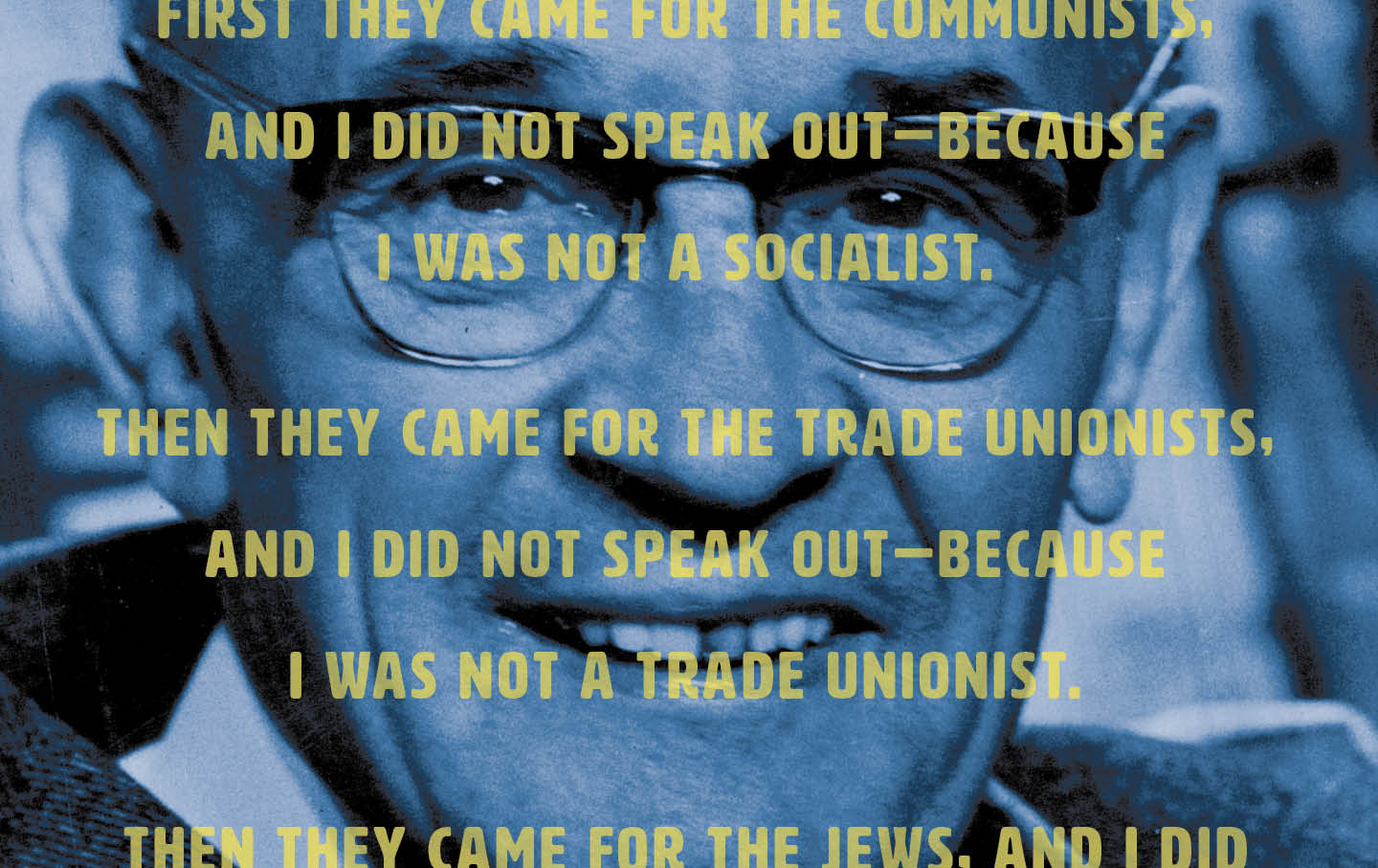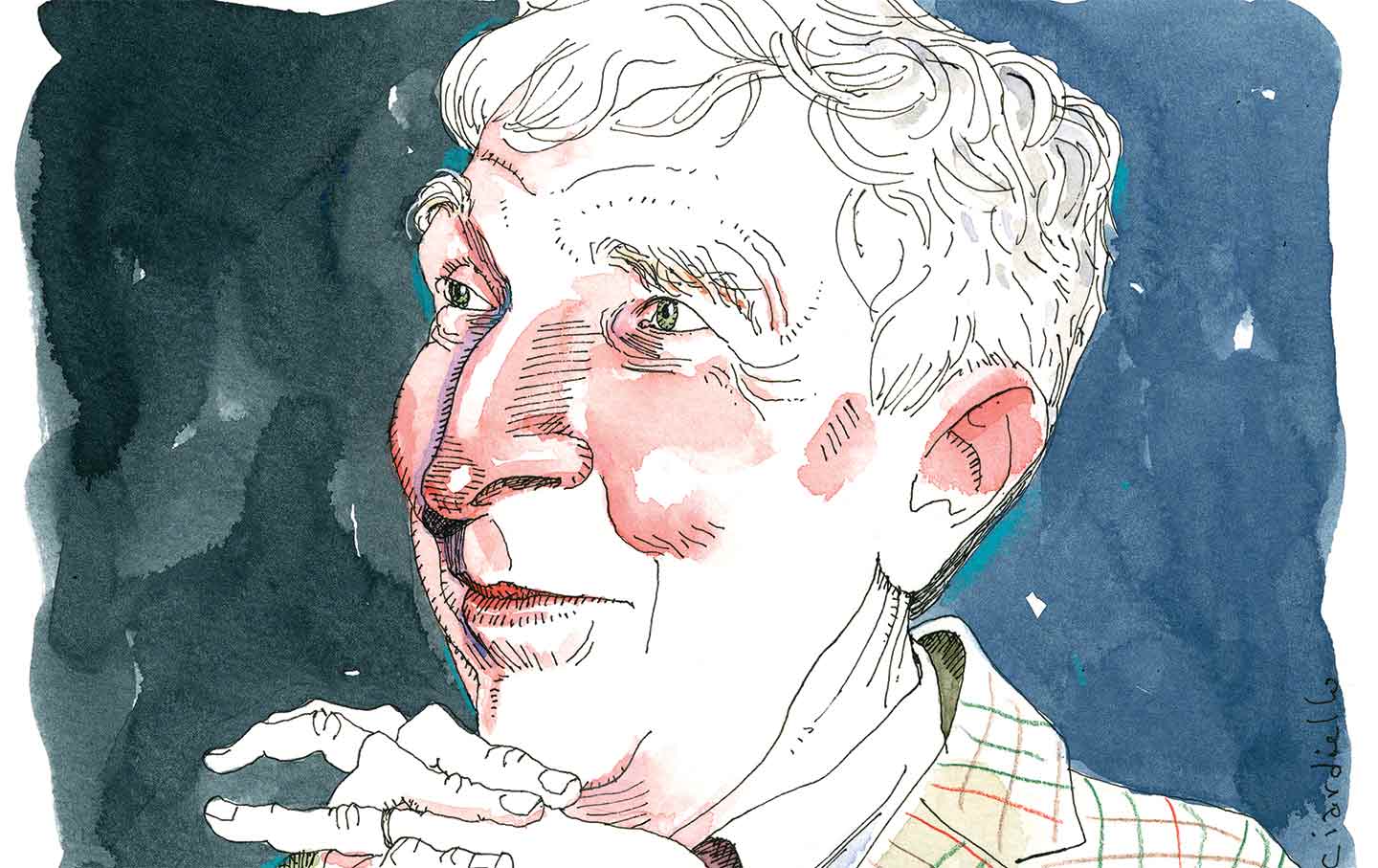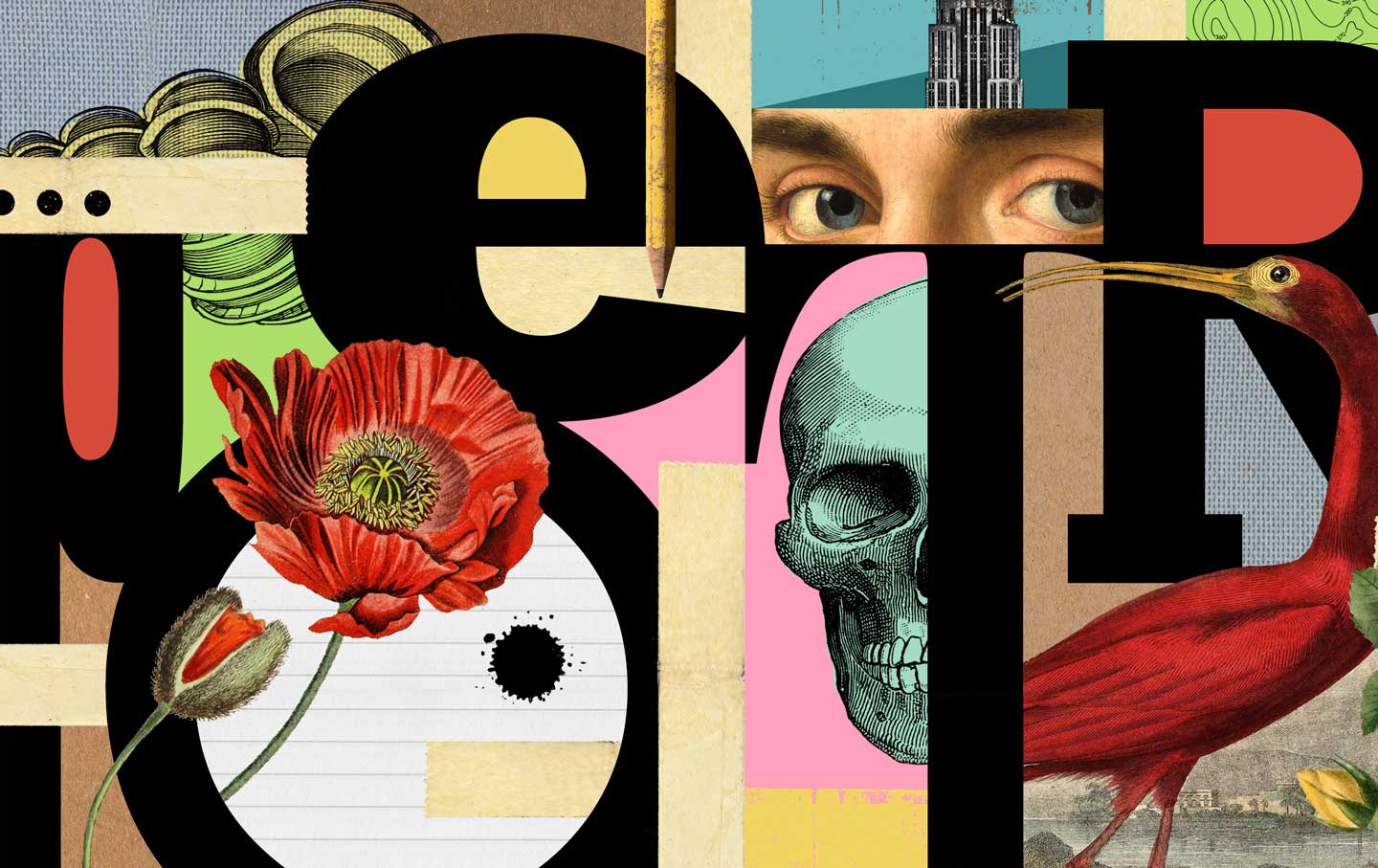The Ghosts of Prague
Helen Oyeyemi and the borderlands of realism
The Uncanny Brilliance of Helen Oyeyemi
In her new novel Parasol Against the Axe, Oyeyemi helps us imagine a new kind of literary ficiton.

Here’s one way to start talking about Helen Oyeyemi: For many years, I taught her 2011 novel Mr. Fox to undergrads in an intro-to-fiction class, lecturing with bravado about its narrative manipulations but disconcertingly uncertain that I’d fully got it. In this novel about writing novels, a fictional character is conjured into life, intervening in the very life of her creator, only to become a writer herself. For most readers, this leaves them wondering who or what is real in the world of the book, blurring the lines between writers, characters, and readers. This was the case for me as well. My students would ask question after question about the novel as though I could answer them in a definitive way, trusting that I understood the text with some comprehensive authority. Yet I, too, had a lot of questions. By the last time I taught the book, I had read myself into a knot, feeling sure that I’d gleaned something esoteric about its speculations on the violent nature of storytelling while doubting that I understood even the most literal aspects of the plot. The uncertainty created by the novel, however, was what drew me to it and why I liked teaching it.
Books in review
Parasol Against the Axe
Buy this bookOver the past two decades, Oyeyemi has written eight novels characterized by a similar seductive and often disquieting playfulness; sometimes they tease, and sometimes they bite. Her first, The Icarus Girl, written when she was 18, drew on Nigerian mythology and supernatural horror to tell the story of a mixed-race girl torn between cultures and histories. The novels that followed continued to incorporate folklore, horror, and fairy tale. Never dominated by the rules of any given genre, they tended to leave the reader with far more questions than they answered. In a moment when so much contemporary fiction is concerned with redefining new conventions of realism or reasserting old ones, Oyeyemi is more interested in pushing past its boundaries altogether. Her novels move with an utterly unique velocity that, as the American novelist Alexandra Kleeman observed, creates “the discombobulating quality of walking through a moving vehicle while carrying a full-to-the-brim cup of very hot tea.”
This delicate sense of ambiguity and unsteadiness is on display in Parasol Against the Axe, Oyeyemi’s new novel about how we get to know people, places, and books. Just as the novel’s protagonist, a heroine on the run named Hero Tojosoa, finds herself carted around Prague in a wheelbarrow, readers are briskly shuttled through the city in a state of undignified but delighted disorientation, jostling over cobblestones at a pace just slow enough to catch glimpses of a multitude of things they want to investigate, but too fast to get out and take a steady look.
It’s hard to choose just one way into Parasol Against the Axe because it is not just one book. If we approach it through its plot—never a trustworthy proposition with any of Oyeyemi’s works—it is simply the tale of a destination bachelorette party gone wrong, in which the past unexpectedly turns up to threaten the present. Within that loosest of narrative nets, we meet three women, Hero, Thea, and Sofie, former friends, housemates, and business partners who in the past have run various schemes of entrapment, blackmail, and revenge. Hero and Sofie have tried to clean up their act and leave their lives of crime behind; Thea hasn’t. And when she unexpectedly shows up with very different intentions, the conventional hell of a bachelorette party turns into something less conventional and more hellish.
But the trio’s reunion isn’t the whole story or even really the main one. The book’s cast of characters also includes various spirits of Prague: a quirky trinity of female figures who may or may not be the city itself; someone who only appears costumed as the beloved Czech cartoon character Krtek the mole; the famed Golem, the mythical defender of the city’s Jewish community; and Robert Louis Stevenson’s aristocratic sleuth, Prince Florizel of Bohemia.
In this way, the tangled relationships between Hero, Sofie, and Thea are a kind of MacGuffin, a pretext for the city’s own account of these three visitors. Rather than offering a clear resolution to any of their plotlines, the novel is more about getting acquainted with a city that is sometimes unfamiliar, sometimes unwelcoming even to those who have always lived there, and yet also absorbs strangers and natives alike—sometimes whole—with its myth, its history, and its sheer force of personality. Instead of simply being a place where people live, Prague demonstrates how, as Oyeyemi writes, “a place can live in you without letting you know about it for the longest time.”
At the center of Parasol Against the Axe is another book, a book within the book. If Oyeyemi’s novel can be said to have an anchor, it is the “Prague book,” a slim novel called Paradoxical Undressing that appears again and again in Parasol Against the Axe and seems to offer something firm to cling to by the sheer fact of its recurrence.
Paradoxical Undressing, however, turns out to be as tricky and uncannily alive as the novel it is featured in and the city that produced it. Its contents are different for everyone who reads it; it even offers Hero two completely different tales when she reads the book and then rereads it a few hours later. The narratives it generates often move in opposite directions, reaching into different eras in Prague’s long history. For one reader, it might be a Tarantinoesque post–Velvet Revolution thrill ride. For another, it tells the story of a secondhand bookshop that peels away to reveal a love triangle between a 16th-century nobleman and his two physicians.
At times, Oyeyemi lets us see what Paradoxical Undressing says itself, offering excerpts from the book and its paratexts. At other times, she has characters relate their readings of the novel, none of which line up with the rest. The book-within-the-book also has a habit of interrogating its readers just as they’re getting comfortable with a given narrative. When it addresses Hero, it’s gently inquisitive (“Humor me. Tell me. Where are you?”) or solicitous (“Before we continue—look up from this page. Have a stretch, have a look around”); when it speaks to Thea, it’s politely standoffish (“It’s time you were leaving”), then rudely direct (“That’s all you’re getting: now begone”).
Paradoxical Undressing’s resemblance to Italo Calvino’s playful If on a winter’s night a traveler is especially striking in these moments. In both, readers are tantalized by excerpts of different novels purporting to be part of the same impossible book—and, of course, Paradoxical Undressing shares a penchant for addressing its reader directly with Calvino’s book (which famously starts, “You are about to begin reading Italo Calvino’s new novel, If on a winter’s night a traveler”). Yet there are important differences, too: While the engine of Calvino’s novel is the reader’s desire for the book, or for the experience of reading it, what seems to motivate Oyeyemi’s novel is something stranger: the desire the book itself possesses.
In Parasol Against the Axe, books desire readers and cities desire visitors and residents—a reversal of the anthropocentric way we’re used to thinking about these interactions. It is these reversals that Oyeyemi ultimately seems interested in narrating: What might it look like if books and cities really could speak for themselves, aside from their authors or various kinds of human ambassadors? Or if, instead of a reader’s impression of a book, we were somehow party to the book’s impression of its readers? Likewise, imagine that instead of a travelogue, we could get a sense of the city’s own judgmental log of the travelers who pass through it. While some of Oyeyemi’s earlier books disassembled and reconstructed familiar fairy tales—Mr. Fox took on “Bluebeard,” Boy Snow Bird looked at “Snow White,” and Gingerbread toyed with “Hansel and Gretel”—Parasol Against the Axe is more interested in interrogating the fairy-tale logic we take for granted in real life. Here, the magical belief under examination is the idea that anyone can ever really know a city or a text comprehensively. The “Prague book” is like Prague itself: It has other ideas about what it is that transcend any one reader’s or visitor’s conception. Books and cities, Oyeyemi argues, have lives of their own.
If you’re confused, don’t worry; the confusion is part of the experience of reading Oyeyemi’s novel. It is an essential element that many of her readers have learned to savor. It’s perhaps fitting that the most specific claim that can be made about Parasol Against the Axe is about the futility of making decisive claims. The book resists the very idea of being about something; it demonstrates Oyeyemi’s allergy to simplistic meanings or easy takeaways, which is more evident in this novel than any of her others. Early on, Hero wanders aimlessly through the “aggressively coded streets” of the city, chatting to her teenage son on the phone. The very buildings call out for interpretation; walls speak out “in etched and welded symbols. So did doors and many of the window frames.” Similarly vibrant images and possible symbols dance through Oyeyemi’s prose but refuse stable meanings; her work constantly suggests allegory but does not require it. Certain keywords—race, migration, violence, sexuality, desire—mill around in her books, summoned up but not given clear tasks.
Popular
“swipe left below to view more authors”Swipe →As a result, there is a uniquely idiosyncratic, sometimes pleasurably frustrating feeling of loneliness when it comes to reading Oyeyemi. Trying to tell someone else about it feels like trying to relate the events of a dream. The suspicion arises, impossible though it may seem, that like her characters and their novel, everyone who reads Parasol Against the Axe may have read a different book. Talking about Paradoxical Undressing with other readers, Hero finds herself wishing she could inhabit “whatever it is that’s happened between them and the book. The process so personal it’s a person…” Even if certain readers are frustrated by Oyeyemi’s refusal to reveal what Parasol Against the Axe “means” by the end of the book, the very act of this refusal is invigorating on its own: Just because an object doesn’t offer a clear-cut meaning doesn’t make your encounter with it meaningless.
Here’s one last way to think about Oyeyemi: In a 1977 review of Calvino’s The Castle of Crossed Destinies, John Gardner wrote that “like Kafka—like Chaucer—Calvino makes plodding comedy of our scholastic need to explain things.” So too does Oyeyemi. Like the novels of the Italian fabulist, Parasol Against the Axe proves that Oyeyemi is more interested in exploring what storytelling does to the desires and decisions of her readers than in what happens in those stories or in the blunt meanings we can extract from them. If we enter her books, much less leave them, with the hope of something else—well, the joke’s on us.
More from The Nation

“The Paper” and the Return of the Cubicle Comedy “The Paper” and the Return of the Cubicle Comedy
The new show from the creators of The Office reminds us that their comedic style does now work in every “workplace in the world.”

The Strange Story of the Famed Anti-Fascist Lament “First They Came…” The Strange Story of the Famed Anti-Fascist Lament “First They Came…”
In his celebrated mea culpa, the German pastor Martin Niemöller blamed his failure to speak out against the Nazis on indifference. Was that the whole reason?

John Updike, Letter Writer John Updike, Letter Writer
A brilliant prose stylist, confident, amiable, and wonderfully lucid when talking about other people’s problems, Updike rarely confessed or confronted his own.

The Grand Delusions of “Marty Supreme” The Grand Delusions of “Marty Supreme”
Josh Safdie’s first solo effort, an antic sports movie, revels in a darker side of the American dream.

TikTok’s Incomplete Story TikTok’s Incomplete Story
The company has transformed the very nature of social media, and in the process it has mutated as well—from tech unicorn to geopolitical chesspiece.



